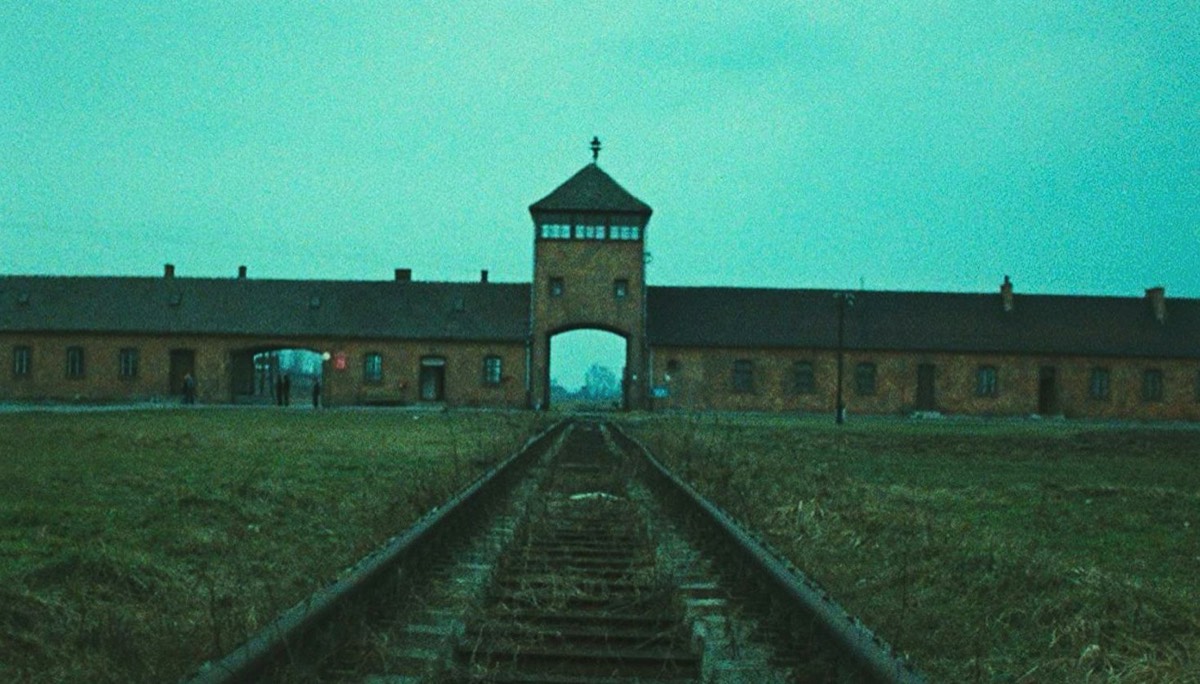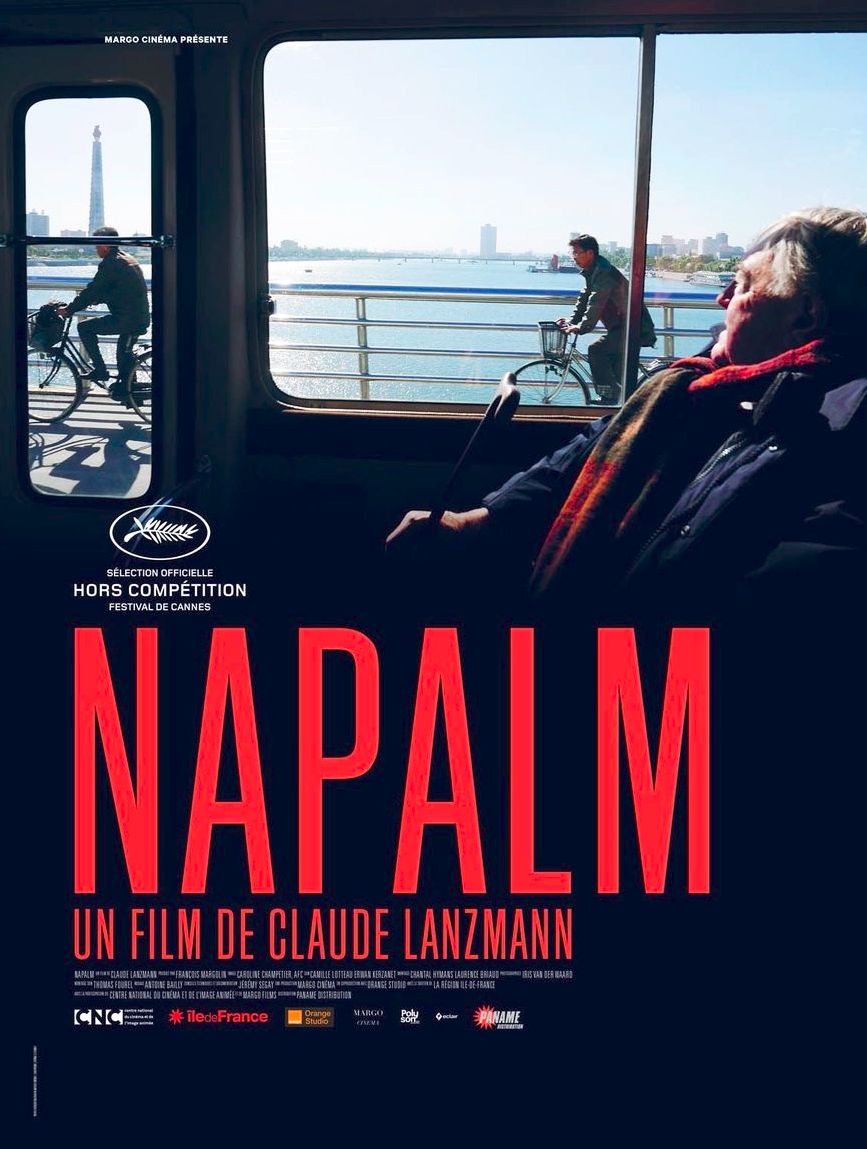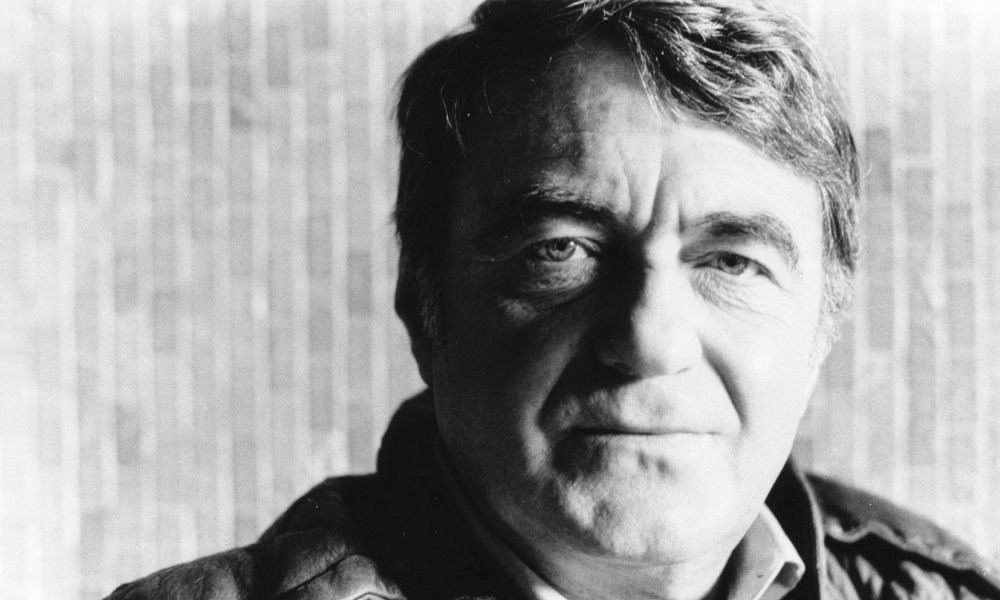"A decorated Resistance fighter, friend to Jean-Paul Sartre, director of a prominent cultural journal and a controversial filmmaker, Claude Lanzmann is a leading figure in post-war French life… Steeped in the assumption that the individual is responsible for his or her actions, Lanzmann's histories record a heroic but tragic modernity… Lanzmann is one of the most lacerating chroniclers of horror in the modern world." - Richard Armstrong (The Rough Guide to Film, 2007)
Claude Lanzmann
Key Production Country: France
Key Genres: Documentary, Military & War, History, Politics & Government, Tragedies & Catastrophes, Culture & Society
Key Collaborators: Dominique Chapuis (Cinematographer), William Lubtchansky (Cinematographer), Caroline Champetier (Cinematographer), Chantal Hymans (Editor), Sabine Mamou (Editor), David Frenkel (Producer), Ziva Postec (Editor)
Key Genres: Documentary, Military & War, History, Politics & Government, Tragedies & Catastrophes, Culture & Society
Key Collaborators: Dominique Chapuis (Cinematographer), William Lubtchansky (Cinematographer), Caroline Champetier (Cinematographer), Chantal Hymans (Editor), Sabine Mamou (Editor), David Frenkel (Producer), Ziva Postec (Editor)
"Claude Lanzmann has turned to extreme and difficult topics such as the Holocaust in order to address questions of Jewish identity. Perhaps some of his motivation is biographical. Although his family did not practice Judaism, they still suffered on behalf of their heritage. When the Nazis invaded France, Lanzmann’s family moved to the French town of Clermont-Ferrand, where they hid from the German occupiers. As a young adult, Lanzmann joined the French communist party and resisted the Nazis, which caused him to be pursued by the Gestapo, the Nazi secret police... Lanzmann is best known for his critically acclaimed masterpiece Shoah (1985), a complex and powerful cinematic oral history of the Nazi genocide." - Jill Gillespie (International Dictionary of Films and Filmmakers, 2000)
"Lanzmann researched, directed and conducted the searing interviews for what is arguably the greatest film of all time, and certainly the most ambitious: the nine-and-a-half hour – "it could have been much longer", he says – Shoah, which, more than any archive project, history book or attempt on film, remains the definitive and inimitable record for all time of the most appalling catastrophe in history." - Ed Vulliamy (The Guardian, 2012)

Shoah (1985)
"Lanzmann wrote and directed eight films on the Holocaust and Israel, using firsthand interviews to construct his narratives. As a journalist, he became known for his particularly strong views regarding the Arab-Israeli conflict… Lanzmann’s films and methods inspired a wellspring of criticism and academic literature. Many criticized the narrow focus of Shoah, which neglected to discuss the underlying tenets of Nazi ideology and made no mention of the Nazi invasion of the Soviet Union or the persecution and execution of non-Jews throughout Europe. Despite the criticism, Lanzmann was praised as a pioneer for his extensive use of interviewing as a cinematic technique and for his enormous contribution to documentary filmmaking." - Naomi Blumberg (Encyclopaedia Britannica)
"Lanzmann’s link with Sartre seems to me crucial to his development as an ethically grounded artist. For the postwar generation and beyond, Sartre was the very model of the fully committed intellectual for whom the philosophical, the political, the aesthetic, and the existential were tightly woven into one unbreakable cord. “The writer takes up the world as is,” wrote Sartre in What Is Literature?, “totally raw, stinking, and quotidian, and presents it to free people on a foundation of freedom… In a word, literature is essentially the subjectivity of a society in permanent revolution.” For all that has been said and written about the gravity and solemnity of Shoah, it is a film made in the spirit of Sartre’s statement. It is neither hopeful nor hopeless but vibrantly and even defiantly alive, made by a man with a firm belief in art not as a repository of cultural detritus but as the great utopian domain of freedom." - Kent Jones (The Criterion Collection, 2013)
"His entire adult life was haunted by the extermination of Europe’s Jews; in his films about Israel, he never offers a satisfactory answer to the question of who is a Jew, but in Shoah he comes closer, by way of Sartre’s negative hypothesis. That’s not Lanzmann’s fault. It’s the fault of history, of the black hole of destruction that the Holocaust has placed in Europe and in Judaism itself, an event of quasi-Biblical incommensurability that hasn’t yet found its mythopoetic representation—and that may never have one. But Shoah is the closest thing to it." - Richard Brody (The New Yorker, 2012)
Selected Filmography
{{row.titlelong}}
GF Greatest Films ranking (★ Top 1000 ● Top 2500)
21C 21st Century ranking (☆ Top 1000)
T TSPDT R Jonathan Rosenbaum
21C 21st Century ranking (☆ Top 1000)
T TSPDT R Jonathan Rosenbaum
Claude Lanzmann / Fan Club
Richard Brody, Amy Taubin, J. Hoberman, Kent Jones, Drake Stutesman, Ulrich Gregor, Carmen Gray, Dan Fainaru, James Bell, Graham Fuller, Jean-Michel Frodon, Ángel Quintana Morraja.
Richard Brody, Amy Taubin, J. Hoberman, Kent Jones, Drake Stutesman, Ulrich Gregor, Carmen Gray, Dan Fainaru, James Bell, Graham Fuller, Jean-Michel Frodon, Ángel Quintana Morraja.
"Fan Club"
These film critics/filmmakers have, on multiple occasions, selected this director’s work within film ballots/lists that they have submitted.
These film critics/filmmakers have, on multiple occasions, selected this director’s work within film ballots/lists that they have submitted.


